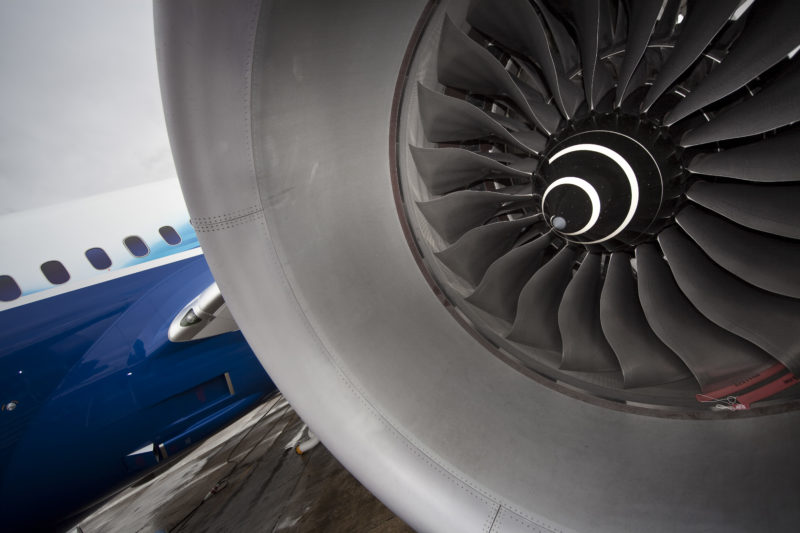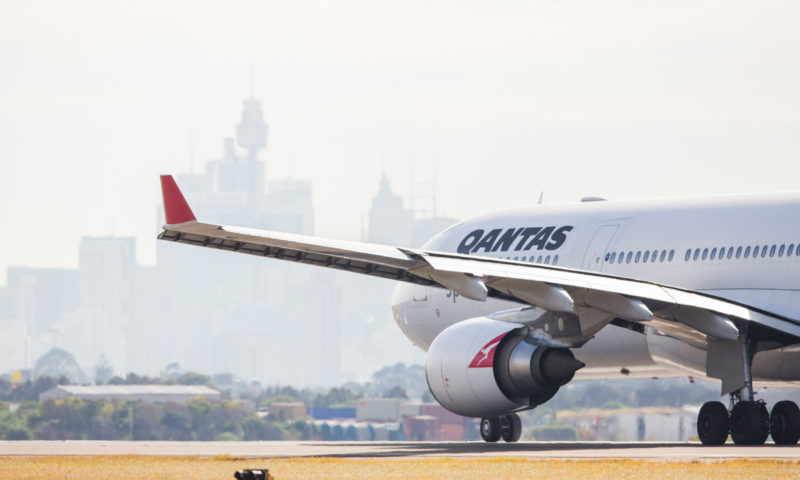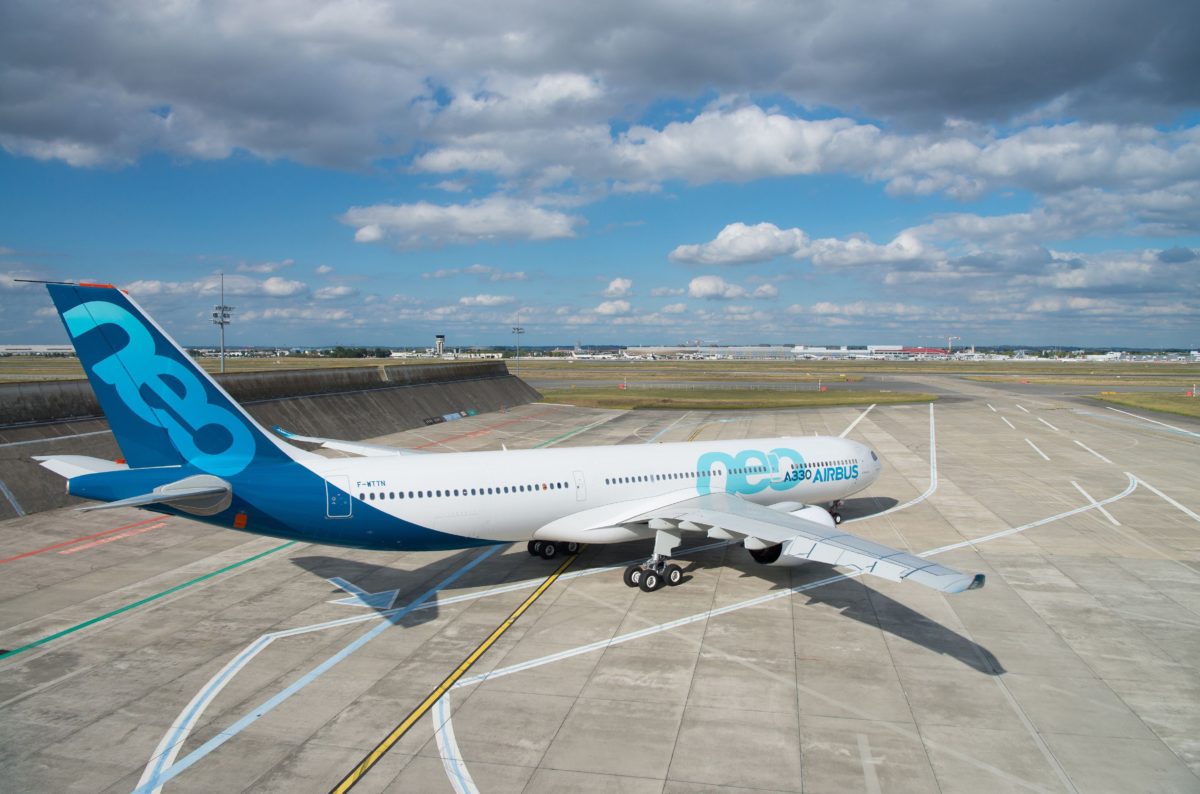As Boeing works to combat their technical and financial situation, engine manufacturer General Electric is seeking new business; they are reportedly in talks with Airbus, about adding a second engine option to the A330neo.
Whilst the discussions are said to be preliminary, the people involved have said the manufacturer could offer an engine that increases fuel efficiency and reduces operation costs; when compared to the existing offering from Rolls-Royce.
Currently the Airbus A330neo is powered exclusively by two Rolls-Royce Trent 7000 engines and such deal with General Electric, if exercised, would be a considerable blow to the British engine manufacturer, who is dealing with the Trent 1000 engine woes on the Boeing 787 Dreamliner.

Although nothing has been locked in place, the likely candidate for the A330neo is the General Electric GEnx; which competes with the Rolls-Royce Trent 1000 engine option on the 787 Dreamliner. Boeing’s production cut to 10 787s monthly, from 14, is also touted as a reason for General Electric’s discussions with Airbus.
This news surfaces not long after it was reported that, in November 2019, General Electric is looking to serve Airbus with an engine for an updated version of the A350, informally known as the ‘A350neo’, which is likely to come to fruition in the 2020s. Rolls-Royce and Pratt and Whitney are also understood to be working on widebody engines, for a revamped ‘A350neo’.
Airbus has told Bloomberg that they are happy with the performance of the Rolls-Royce Trent 7000 powered A330neo; however they are always holding discussions with engine manufacturers, about new technologies and benefiting customers. The company also noted that the A350, and its engines, has been one of the most successful and reliable entries into service of any aircraft ever.
General Electric declined to comment on the matter, however they have provided the following statement to The Wall Street Journal:
“We continuously work to identify opportunities to add value for our customers and to assess introduction of new technologies into our existing engines”
GE Aviation to The Wall Street Journal
With the grounding of the 737 MAX approaching the one year mark, General Electric and Safran have diverted production capacity for the CFM LEAP engines, from the 737 MAX, to mostly favour Airbus’ A320neo platform.
Since its introduction in 1994, the Airbus A330 has been a highly successful aircraft for Airbus; featuring three engine options, these being the Rolls-Royce Trent 700, General Electric CF6 and Pratt and Whitney PW4000.

General Electric’s interest in the A330neo not only displays their intent to combat Rolls-Royce’s exclusivity on the jet, but also shows the engine manufacturer’s confidence that the A330neo will be a successful aircraft; or at least be successful enough to warrant another engine development and flight test campaign.
What are your thoughts on this development?


